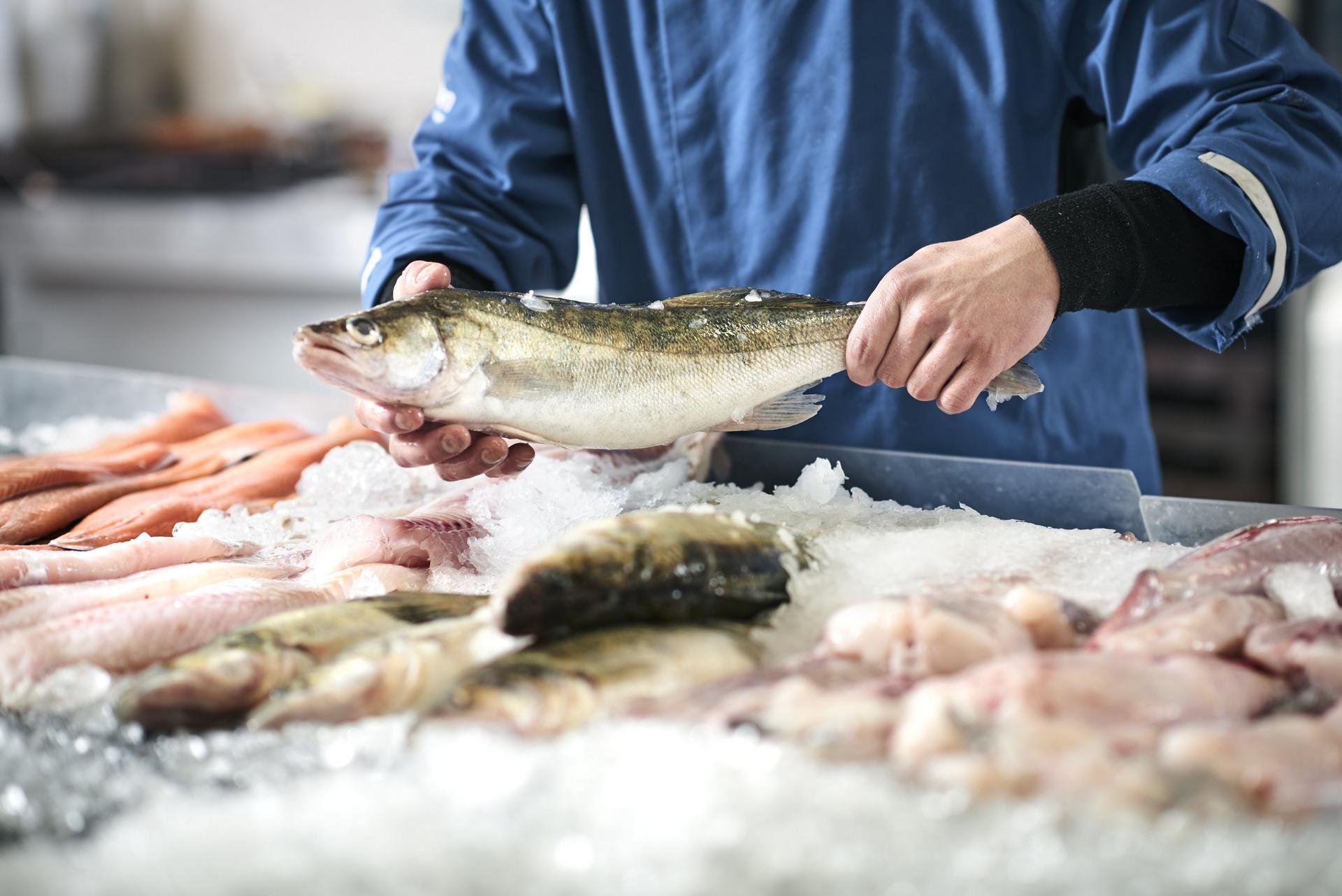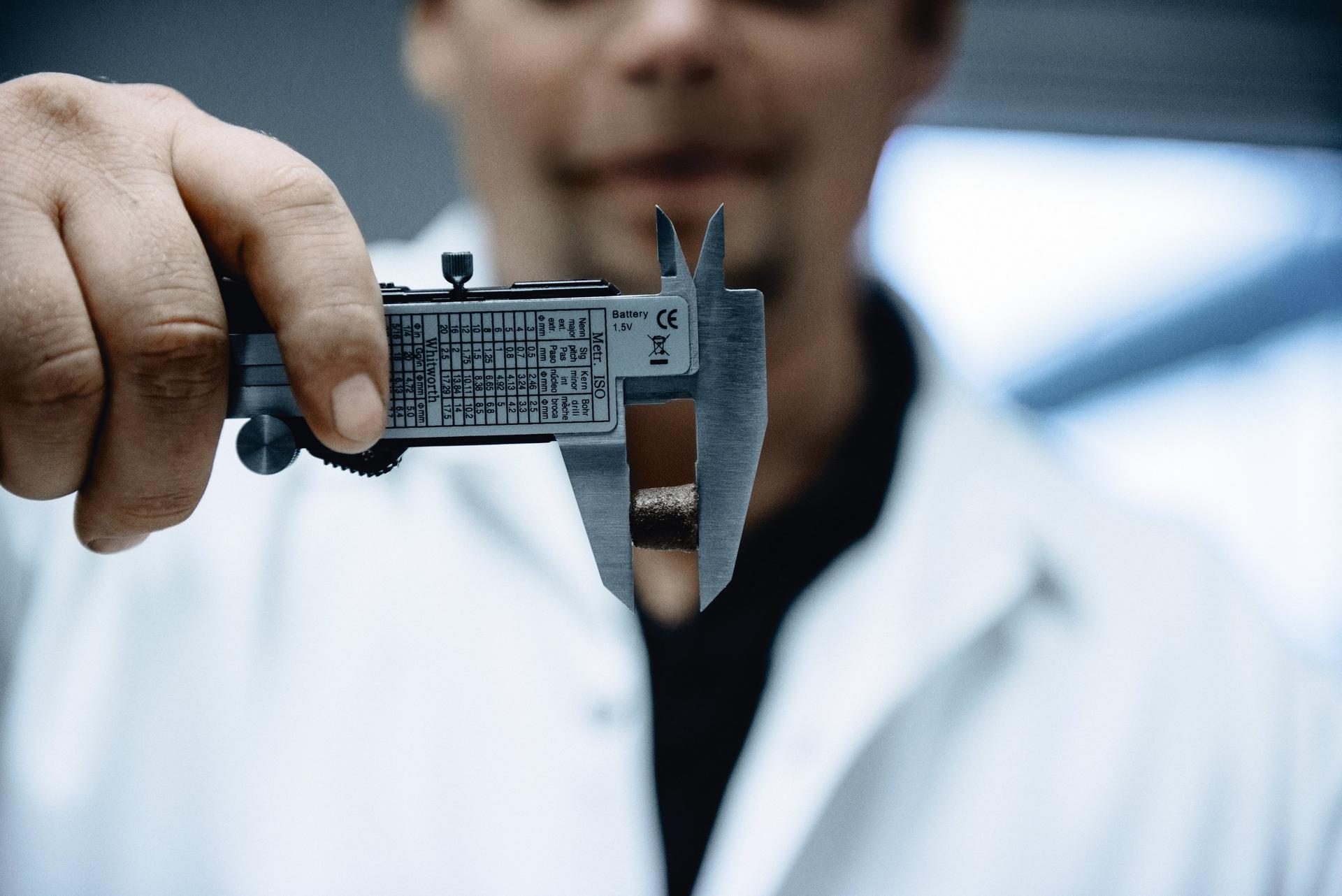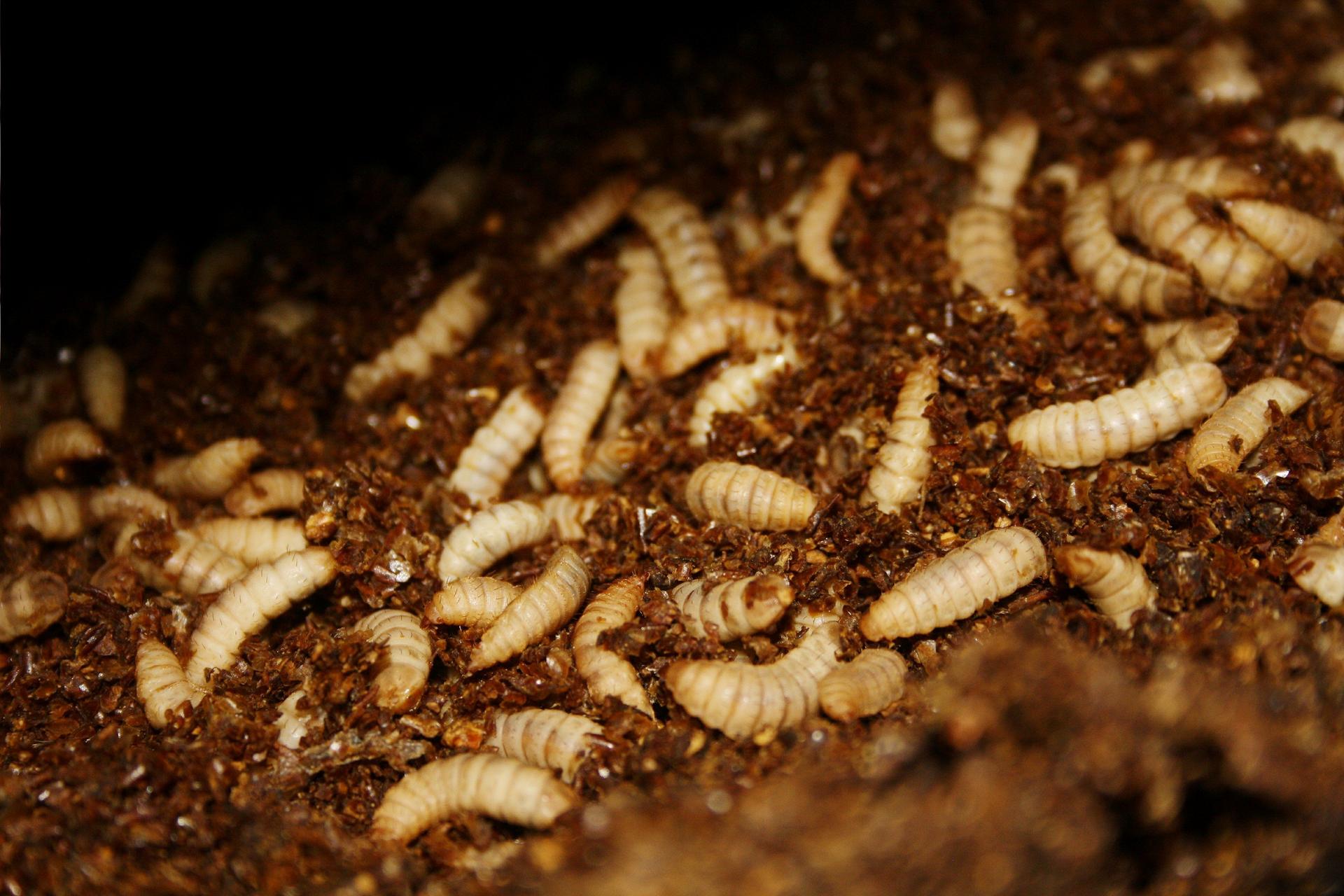This white paper dives into the sustainable solutions and innovative technologies within fisheries, aquaculture, and processing. Resource efficiency, waste products, food safety and quality are some of the leading topics, providing examples of collaboration, knowledge sharing, and innovation throughout the entire value chain. The white paper was elaborated by the non-profit public-private Danish food and agricultural cluster Food Nation and was launched at the Seafood Expo Global & Seafood Processing Global 2023.
Denmark’s tradition for collaboration is a key to success
Surrounded by ocean, the Kingdom of Denmark has an age-old tradition for being a nation of fishers. From small beginnings, the Danish fisheries sector has grown into a thriving hub for wild catch fishing, aquaculture, and processing. Close collaboration and knowledge-sharing throughout the entire value chain and across borders has been a key to success.
With the global population increasing rapidly, production levels in the next 40 years must be higher than they have been in the last 8.000 years. As a result, the demand for protein is growing. Seafood is a great source of protein, produced with low climate impact and provides plentiful nutrients. Therefore, fisheries and aquaculture can make a significant contribution to a sustainable food supply chain for the global demand.
The UN’s sustainable development goals (SDGs) are a guiding light for Danish food production in establishing best practices and identifying innovation targets in collaboration with academia, authorities, and private stakeholders.
The global feed and food supply call for innovative solutions
The need to protect the environment – both at sea and on land – is a major driver of innovation. As a result, Danish wild caught fisheries have reduced their carbon footprint by more than 60 % since 1990 and are now heading towards the goal of full carbon neutrality by 2050.
“Denmark’s seafood industry has a global reputation for driving fish and shellfish production in a sustainable direction. From offshore fisheries to land-based aquaculture and the seafood processing industry, Danish technology and knowhow continue to lower CO2 emissions and increase efficiency, with no compromises in food quality and safety,” says Jacob Jensen, the Danish Minister for Food, Agriculture and Fisheries.













